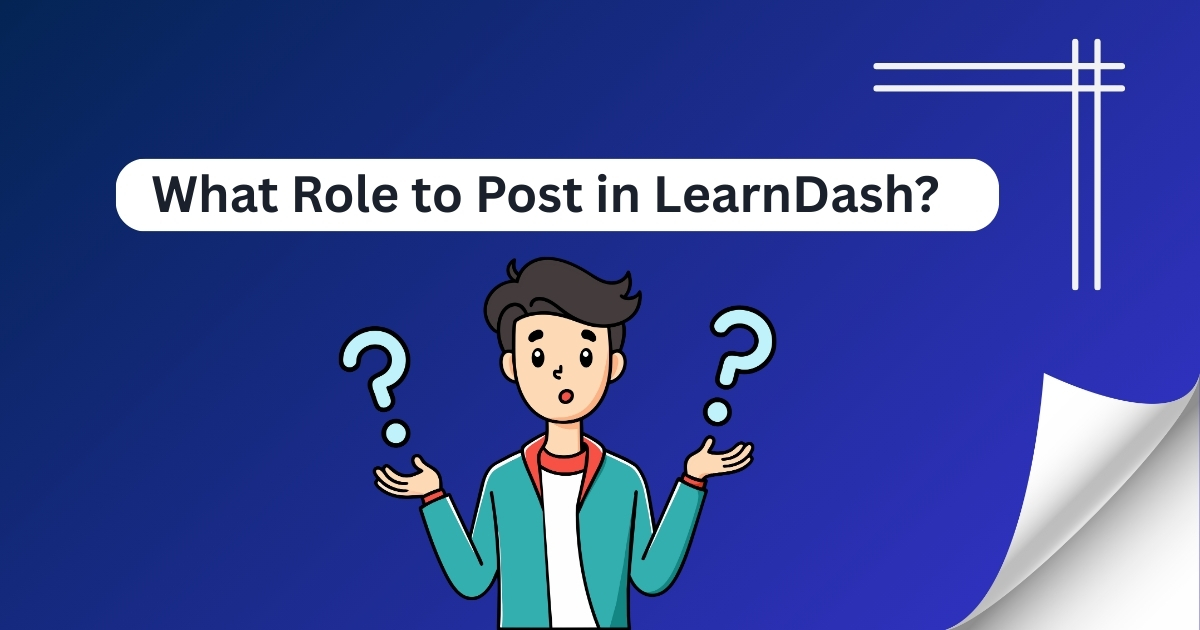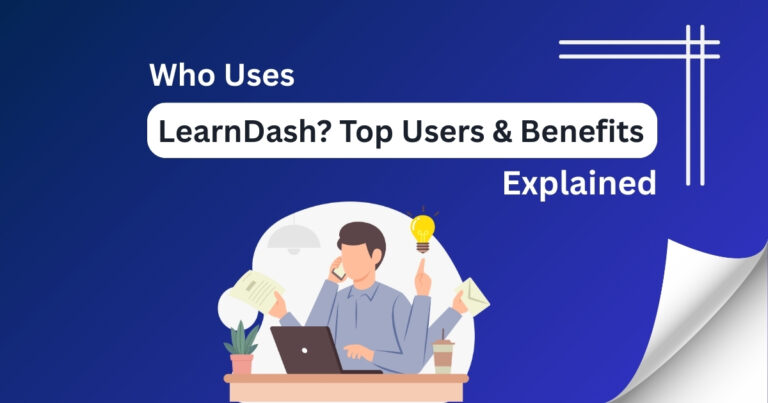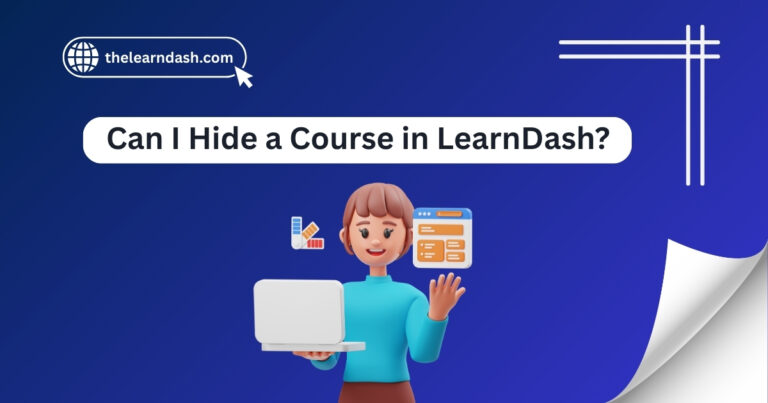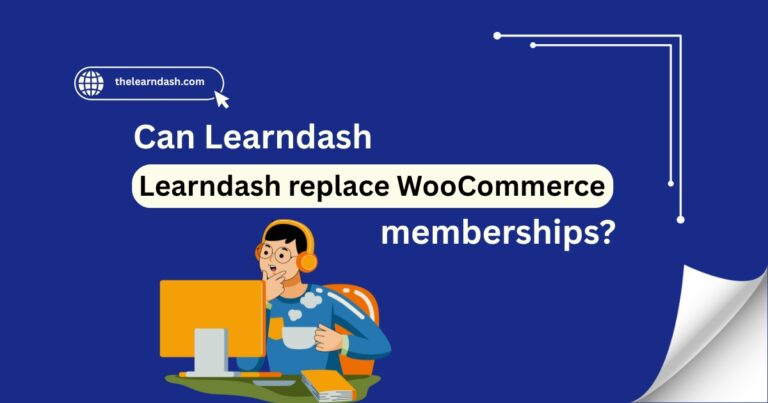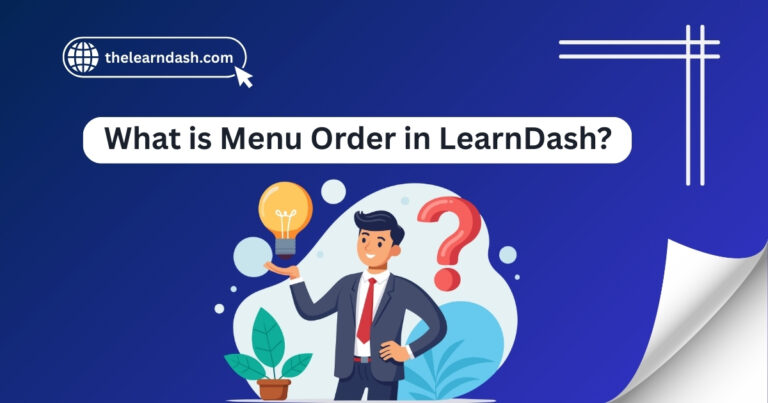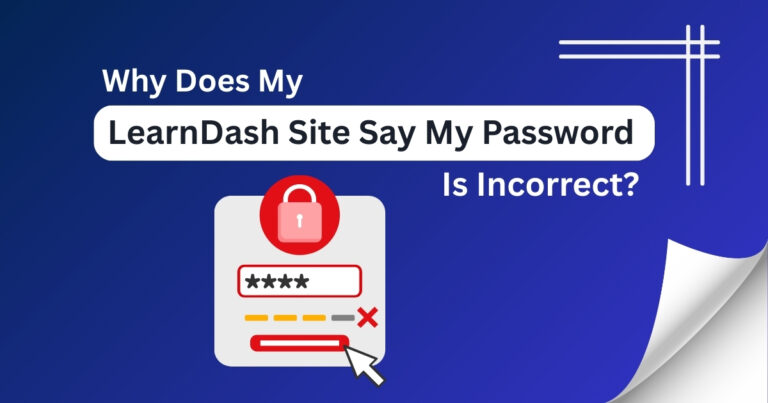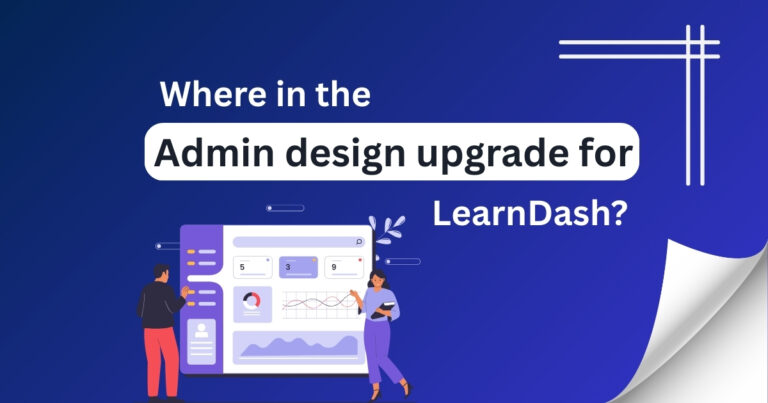What Role to Post in LearnDash?
Many course creators struggle with knowing which post type to use when building online courses. This often leads to a messy structure, making it difficult for students to follow and frustrating for instructors to manage.
The confusion typically arises from the misunderstanding of the difference between standard blog posts and the content types designed specifically for online learning.
The key is to implement the correct content types in your LMS, like lessons, topics, and quizzes, to organize your material clearly and keep learners engaged.
Need help getting it right? Schedule our free consultation today and start building a better course for you and your students.
Understanding the Right Post Types for Course Building
When setting up your course, using the correct content types is essential. Many creators mistakenly use blog posts to present their main lessons, which can lead to a messy and confusing course layout.
To keep your course clear and effective, use content types designed for structured learning:
Read this: What Should My Course Price Type Be in LearnDash?
Difference Between Blog Posts and Course Elements
Blog posts are made for public-facing content, whereas course elements are built for step-by-step learning. Each serves its role and function.
Blog Posts:
Course Elements (Like Lessons, Topics, Quizzes):
Using each type correctly ensures your content is easy to manage and your learners know exactly where to go.
Why Structured Content Types Are Better for Learning
Structured content types are more than just a visual choice—they improve learning outcomes.
When learners can see where they are and what comes next, they’re more likely to stay engaged.
Read this: What WordPress Theme Should I Use with LearnDash?
How to Use Blog Posts the Smart Way
While they shouldn’t be used for lesson content, blog posts are still a valuable tool for course websites.
Keeping your blog active builds trust and drives more traffic to your learning platform.
Choosing the Right Post Types for Long-Term Success
The post type you choose directly affects your students’ experience and your course’s effectiveness.
Choosing the right content format saves time, improves learning, and gives your course a polished, professional feel.
Not sure how to set up your course the right way? Join us today and claim 70% off on the original license.

